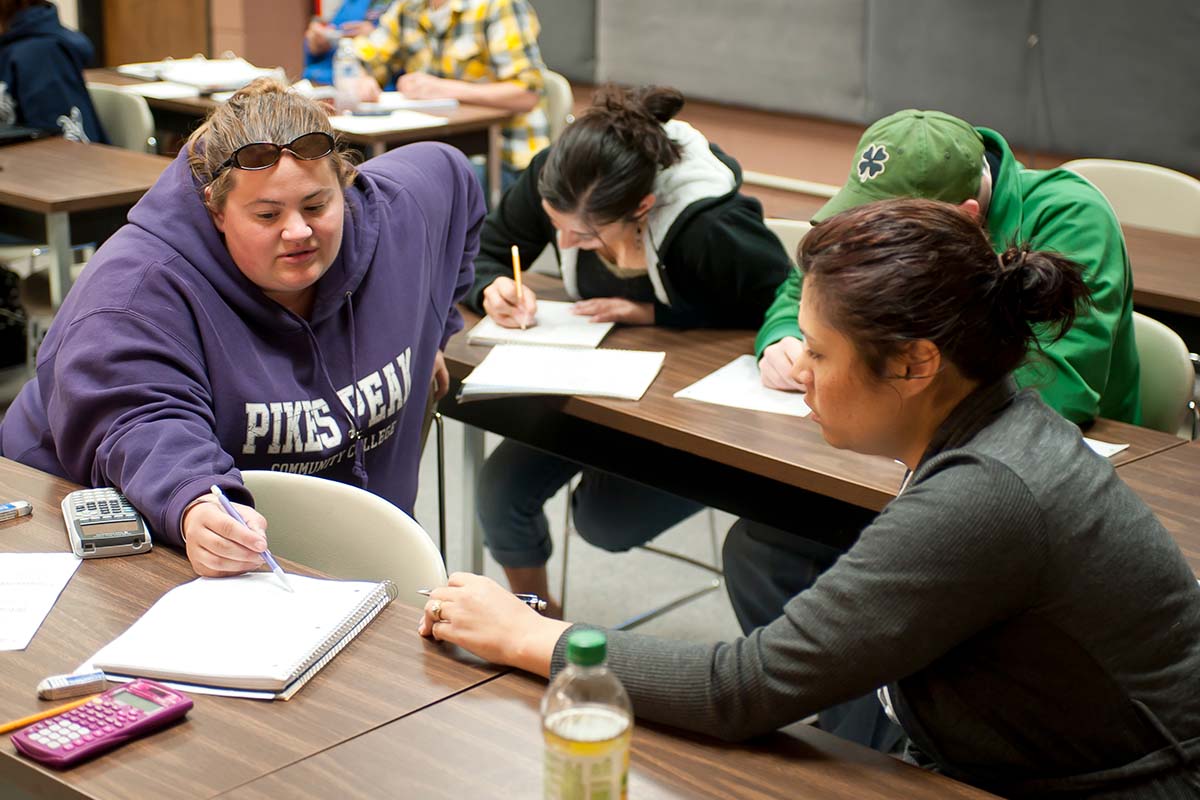Degree Type: Associate of Arts Degree, AA
Pathway: Arts, Humanities and Social Sciences
Do you enjoy exploring how society and culture shape our lives? At PPSC, you’ll gain valuable knowledge in understanding society’s structure and dynamics, preparing you to transfer and complete your bachelor’s degree. This strong foundation opens doors to diverse careers in public, private, government, and non-profit sectors. Many graduates find fulfilling roles as case workers, youth counselors, community outreach workers, or court advocates. You’ll also have the chance to train as a data expert, meeting the growing demand for professionals who help industries make informed decisions.

Sociology is a systematic study of society which includes people in groups, cultures and subcultures, the socialization process, social organization, social institutions (political, religious, educational, economic, etc.), social stratifications, social change, race and ethnic relations, human ecology, and social problems. Courses are designed to increase personal awareness of the social environment, to prepare for interpersonal relationships in careers, and to equip students for further studies in sociology.
The Degree with Designation is designed for transfer to another college or university as a step toward a bachelor’s degree. For more information on transferring after PPSC, visit our transfer webpage or meet with your advisor.
Interested in how the human mind works? Launch your career as a mental health counselor or gain insights that apply to many fields, such as education, business, healthcare, and social services, with our Psychology program.
Explore PsychologyAnthropology at PPSC gives you a global, comparative, and historical approach to human studies. This foundation can help you prepare for careers like teaching, research, management, government, and consulting. Knowing a lot about human behavior has many uses. In any job, it's important to understand human behavior in a cultural context. Anthropology at PPSC provides that understanding.
Explore Anthropology
Voices of PPSC
PPSC highly prepared me for a four-year school, better than I could have imagined.
Holly Eickstedt
PPSC Graduate | UCCS Transfer Student